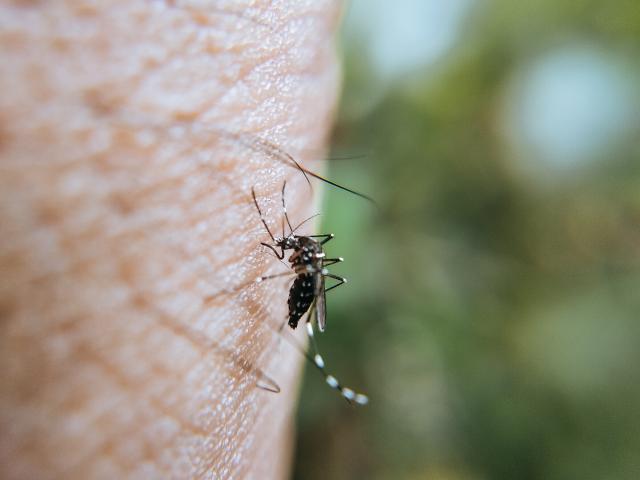Residents in the Dandenong Ranges are warned that the flesh-eating Buruli Ulcer is spreading geographically across Victoria, mostly through mosquitoes and possums and is no longer restricted to specific locations.
It is not known exactly how humans become infected, but in Victoria, there is increasing evidence that mosquitoes and possums have a role in transmitting the infection, with detection of the disease in possum poo from some possum species in areas where there are cases of Buruli ulcer.
The number of cases in Victoria varies widely from year to year, but numbers have been increasing to between 200-340 cases per year since 2017.
Buruli ulcer is not known to be transmitted from person-to-person, however, household members of people with Buruli ulcer should self-monitor for any non-healing skin lesions and seek early medical assessment as they may have been exposed to the same environmental source.
The progression of symptoms can include:
A spot that looks like a mosquito or spider bite forms on the skin (most commonly on the limbs).
The spot grows bigger over days or weeks.
The spot may form a crusty, non-healing scab.
The scab then disintegrates into an ulcer.
The ulcer continues to enlarge.
Unlike other ulcers, this ulcer is usually painless and there is generally no fever or other signs of infection.
The infection may sometimes present with no ulceration but with localised pain, swelling and fever, raised lumps, or thickened or raised flat areas of skin.
Buruli ulcers require treatment with a 6-8 week course of specific oral antibiotics.
Suggestions to reduce the risk of infection include:
Reduce mosquito breeding sites around houses and other accommodation by reducing areas where water can pool (including pot plant containers, buckets, open tins or cans, discarded tyres, and other untreated, freshwater pools).
Mosquito proof your home by securing insect screens on accommodation.
Avoid mosquito bites by:
Using personal insect repellents containing diethyltoluamide (DEET) or picaridin
Covering up by wearing long, loose-fitting, light-coloured clothing
Avoiding mosquito-prone areas and vector biting times, especially at dusk and dawn.
When gardening, working or spending time outdoors:
Wear gardening gloves, long sleeved shirts and trousers
Wear insect repellent on any exposed skin
Protect cuts and abrasions with a dressing
Promptly wash any new scratches or cuts you receive with soap and apply a topical antiseptic and dressing.
Exposed skin contaminated by soil or water should be washed following outdoor activities.







